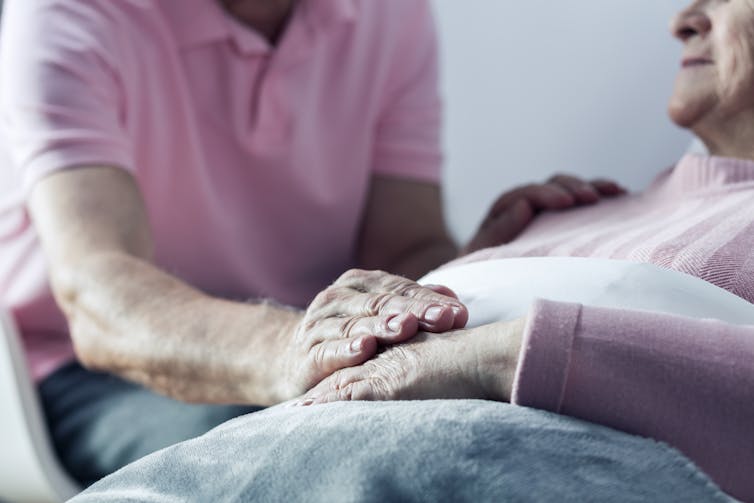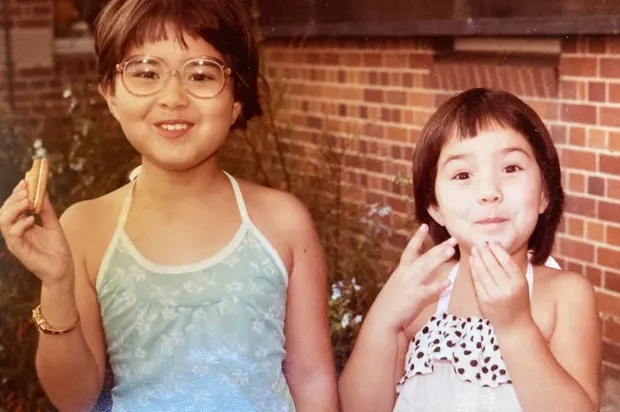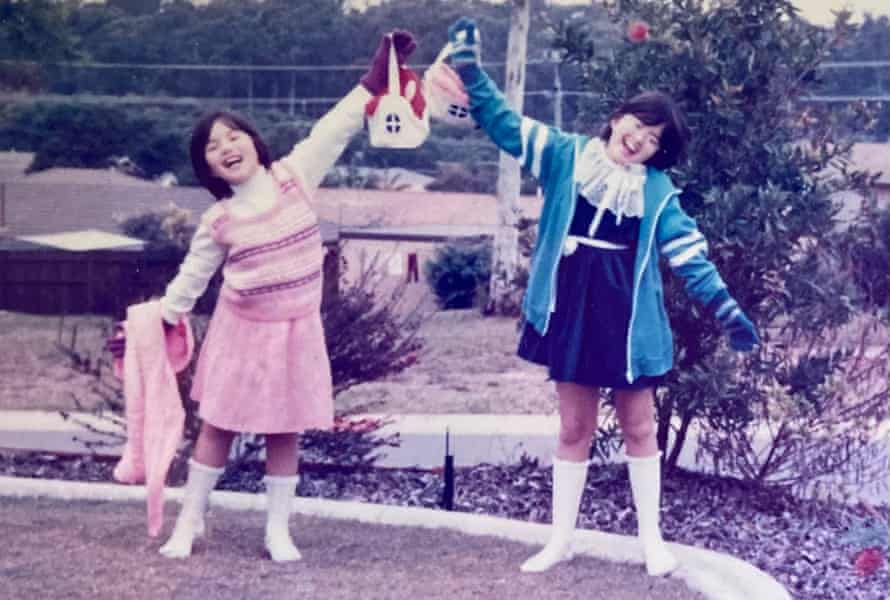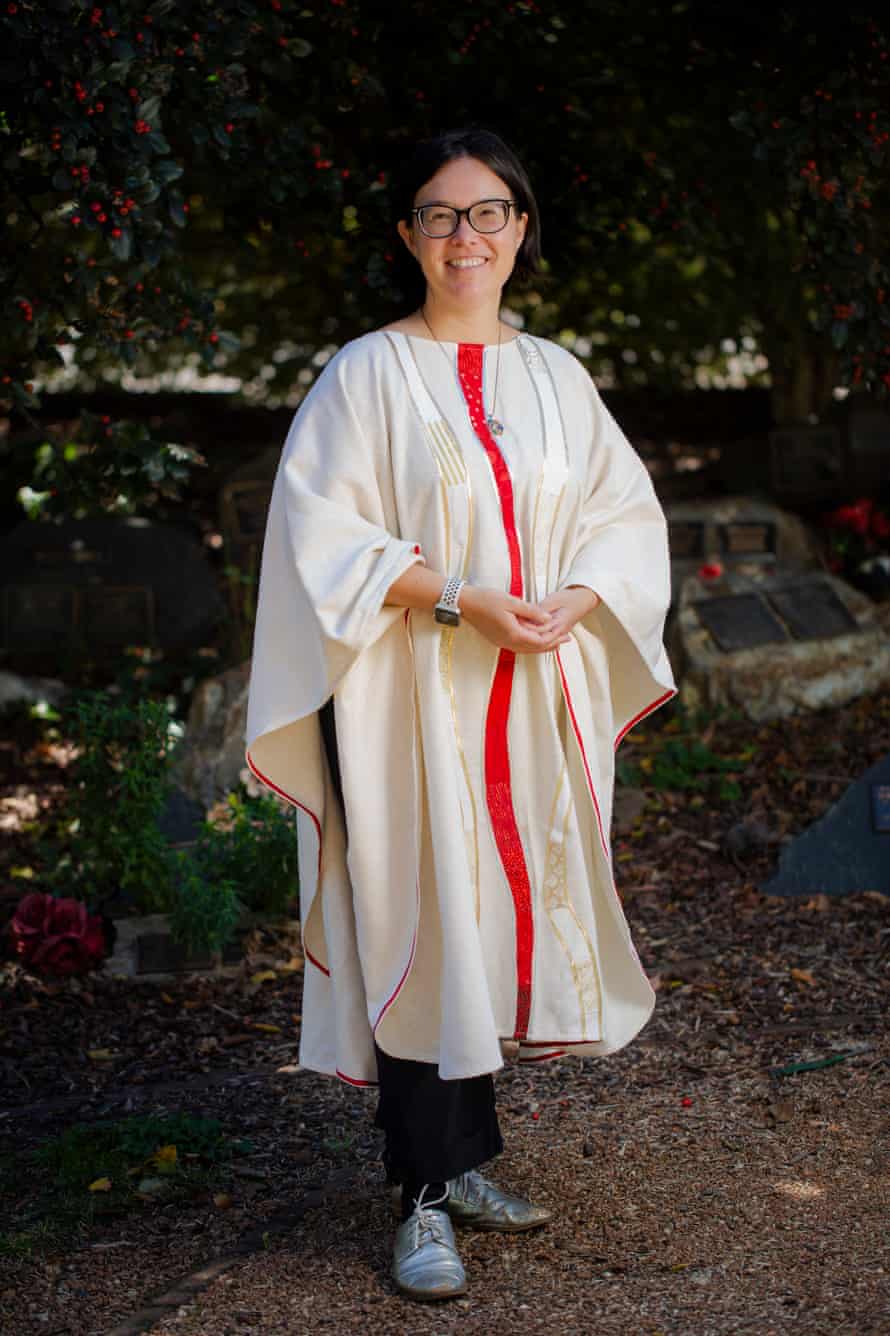— A Reading List For the Grieving

Sally Oliver Recommends Anita Brookner, Brian Dillon, and More
By Sally Oliver
Grief is one of those experiences that seems like a black-out to me. To comprehend the magnitude of what death really means—that concept of forever—is so challenging on an intellectual level that part of us shuts down in response so we can attend to the thought. Or use all our energy to escape it.
When I was writing my debut novel, Garden of Earthly Bodies, I found the subject of grief almost impossible to write about. There is a passage where the main character, Marianne, has a nightmare about her sister and, when she wakes, becomes completely inconsolable when she realizes once more that her sister is gone. She can feel the truth like “a black spot” moving through her body and eventually into her brain, and she knows she will give into the horror of it quickly.
That is how I feel that grief operates, like a kind of sickness, sometimes in remission but often flaring up without warning. When I think of that concentrated black spot, something automatically forces me to resist it, like my mind has its own immune system. For the most part, I want to be well.
The act of mourning itself is a final, destitute version of love. It is a mangled, tortured, messy last phase of it, one that exists for itself alone, without answer and without hope of being reciprocated ever again. It’s also a small act of rebellion against the world, ignoring all calls to be healthy, sane, responsible. Perhaps there is “a bitter and unbearable relief” in this unravelling, as Chimamanda Ngozi Adiche writes in her powerful memoir, Notes on Grief: a special, desirable form of “madness” that releases us from any previous obligations and social rules, and which brings “strangely pugnacious thoughts.” It is a form of aggression, of righteous hostility. And though everyone says “time heals,” grief seems to distort your perception of time—you can’t believe it will lessen, or perhaps you don’t wish to believe it. To get beyond the pain is to reduce it to something peripheral; when to live in the center, to inhabit the black spot, attributes value to it. If that value is lost, we know that nothing else can ever live up to it.
I always think of a passage from Javier Marias’ The Infatuations, where a woman’s husband has been killed and a character predicts that she “isn’t going to stay trapped in the moment, no one ever is, still less in the very worst of moments, from which we always emerge, unless we’re sick in the head and feel justified by and even protected by our comfortable misery.” You have to set aside the value of mourning in order to move forward, and this is where remorse slips into the equation. We are no longer loyal in our misery, in our sickness.
Achieving a balance between excessive mourning and rehabilitation is extremely difficult. These books all touch upon grief and mourning in ways that really affected me. You can see the excess, but also the dignity, compassion and sometimes a shade of humor in these passages. It’s a relief to find the experience of grief articulated in such an uncompromising fashion, and to know that somebody else has made that mental leap without losing their mind. That this intensity can be returned to, but with the tools of self-expression at your disposal.
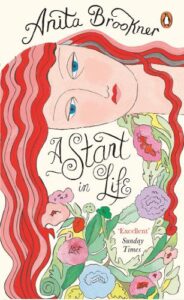
The heroines in Brookner’s novels are often burdened by their sickly, aging relatives. In A Start in Life, the protagonist, Ruth Weiss, doesn’t feel that she can fully exist until she moves away from home and gives up her obligations to her family, yet the guilt of abandoning them keeps her trapped there. Her mother, Helen, is vain and self-absorbed, but she’s physically frail and frightened of becoming irrelevant. Ruth’s father is a delicate man who hasn’t learned to look after himself or his wife. What I love about Brookner’s writing is that she manages to provoke such sadness when you least expect it, and for characters you think you despise. There is a death towards the end of the book that is heartbreaking because of the conflict that precedes it.
Ruth knows she is about to lose this person just before they slip away—in a very humiliating, undignified context—without feeling that she is grown up enough to handle the situation. The death itself is characterized by exhaustion and defeat. It is one of the most moving descriptions of just giving in to death, of finding no strength—and, crucially, no desire—left to sustain oneself that I have ever come across. It almost seems like the character dies through a sudden crash in self-confidence. Brookner loves returning to the concept of will, the sheer force of personality, which is as essential to existence as the heart beating in our bodies. In this moment, that willpower has finally run out and Ruth cannot bear to witness the evidence.

John Williams’ Stoner is a beautifully written book about lost opportunities. I don’t think I have ever cared so much for a character who has achieved so little that he wanted in his life, and who, in his final decline towards the end, still feels that he never became the person he was meant to be. Williams makes us mourn for Stoner as he looks back on his disastrous marriage, his ill-fated love affair, and his middling academic career. On his deathbed, his wife forms a new understanding of their relationship, and he also considers how easily things might have been different if they had started their marriage with the thoughts they had now: “It was a quietness that was like the beginning of love; and almost without thinking, Stoner knew why it had come. They had forgiven themselves for the harm they had done each other, and they were rapt in a regard of what their life together might have been.”
Instead of mourning what they had, they mourn what they might have had, but this couldn’t have been possible. The generous feelings they now have towards one another are forged through difficult experiences—years of animosity, so many errors of judgement—and they’re also, to a large extent, intensified by grief. It’s impossible to start over and explore this avenue again. This is perhaps the most tragic aspect of the book, that so much passion has been squandered or misplaced. I also felt like I was mourning for this character so much because Williams gave us such a special insight into who he really was, all the hidden nuances of his character, the latent passions and ambitions that were never fully realized.
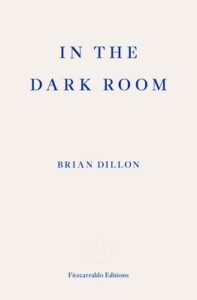
Brian Dillon writes movingly of the mixed emotions he feels when revisiting painful memories. In the Dark Room is chiefly about the workings of memory, what certain places from our past can do to us when we return to them, a “house, so swiftly cleansed of all tangible history, suddenly insist[ing] on reminding me that something has happened here.” Dillon writes retrospectively of a very dark period in his life—the intervals before and after his parents’ deaths. His mother died from an autoimmune disorder when he was sixteen, and his father then had a heart attack five years later. The latter loss was sudden and completely unexpected, but the death of his mother came after a long and traumatizing illness. I admire this book so much because it’s unsettling and sometimes unpalatable. The writing itself is poised and cerebral, but you can feel that vein of horror weaving itself into every response.
What struck me as a particularly powerful passage was the moment when Dillon, a confused and shell-shocked sixteen-year-old, sees his mother’s body in the mortuary. Grief is as much a performed duty as a private emotional state. Dillon looks at her face and wonders what he should be feeling, and what the spectacle actually means, overthinking every moment: “I have… no idea how to behave before a body which seems a reminder only of my distance from my mother’s death. And so my lasting impression of that moment is one of unconquerable shame.” Perhaps this is worsened by the fact that this moment had been anticipated for such a long time, not the viewing but the loss itself. His emotions have been pushed to a breaking point. There is a momentum to despair, and it can’t be maintained forever—we would just go mad. Funerals are often places where momentum fails or we’re just too self-conscious to delve into ourselves.

Amelia is a mortuary cosmetologist. She has always loved the strange solace of preparing the dead for their last ceremonies, painting every face with extreme care. Though she is surrounded by death on a daily basis, she is strict when it comes to her own feelings on the matter: “I’ve learned to adjust by compartmentalizing. I can separate feeling into imaginary boxes inside the mind. In one box, I put all the delicate fractured wounds of the bodies I see all day … Then, in another box, I shove all the vivid warmth and liveliness of the people I see at night.” The book is mainly about how Amelia tries to escape having to go through grief at all, or at least delay the process for as long as possible, by having aggressive sex with strangers and experimenting with BDSM (the more outrageous and humiliating the encounter, the better).
It’s also about the way that we’re expected to behave, and the pressure to derive meaning from every small thing. Perhaps one of my favorite moments in the book is when Amelia visits an exhibition with her father at the Museum of Old and New Art in Tasmania. She is confronted with all these pieces that are so obscure and relentlessly clever that she longs instead for a drink at the bar, to be free of any obligation to feel or think. One piece is incredibly dramatic, but it only irritates her: “There’s something so brash and jarring about the installation that it makes me feel even more disconnected from the world. I can’t relax around repeated invitations to be introspective.” I love this last sentence and it’s a sentiment I recognize. You can’t produce the correct emotional response on demand, and other people’s interpretations of grief can sometimes be oppressive. New Animal is such a great novel about wanting to mourn in a totally unorthodox way, free from judgment, surveillance, and pressure.
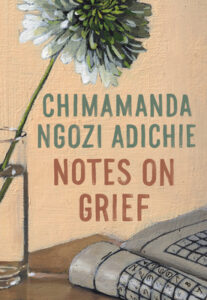
Chimamanda Ngozi Adichie’s memoir about the grief she experienced after her father died is an incredibly visceral piece of writing. Her words ring with shock and awe as she describes the way her body has reacted; it is no longer benign or even inhabitable. “I did not know that we cry with our muscles… my tongue [is] unbearably bitter, as though I ate a loathed meal and forgot to clean my teeth; on my chest, a heavy awful weight…” There is a lingering sourness to her despair, but it’s also surprisingly exhilarating, her heart becoming “its own separate thing, beating too fast, its rhythms at odds with mine.” Throughout Adichie’s writing, you sense that the process of mourning is one that invigorates her, despite its obliterative quality. Instead of being numb or completely nullified, her consciousness seems to be expanding.
I am struck by her choice of words—a “shimmering panic,” grief “forcing new skins” on her, this luminous, haunting beauty in her writing. You sense that she is riveted by the change in herself and also wants to surrender to it privately, without an audience. Her book demonstrates how reclusive grief can be, in that it can’t be shared and divided so easily. Though Adichie’s family are eager to process their grief together, she longs instead to “sit alone with it” and process it in her own time, without the intrusion of anybody else’s thoughts and observations (many of which are clumsily worded). It’s one of those moments where you can feel her irritation creeping in, and it’s justified—how can we expect to synchronize such vastly different emotional experiences?
Often, a death can cause a “rupture” in the family dynamic, a sudden fault line where tensions deepen, everyone requiring competing modes of reassurance. Though Adichie’s memoir is ultimately about the prevailing strength of family, she also explores how stifling that very strength can be. She often doesn’t have any interest in holding it together for the sake of anybody else. Stoicism is suddenly undesirable because there is nothing as satisfying, as strangely nourishing, as giving into your own despair. And it is rewarding for the most part. Adichie ends her book with the “new urgency” this despair has taught her, to write everything in the time she has (not knowing how much time is ever at our disposal—something her father’s death has compounded). Any reticence or complacency she once had is gone, because life is too short to keep anything in reserve.
Complete Article ↪HERE↩!



